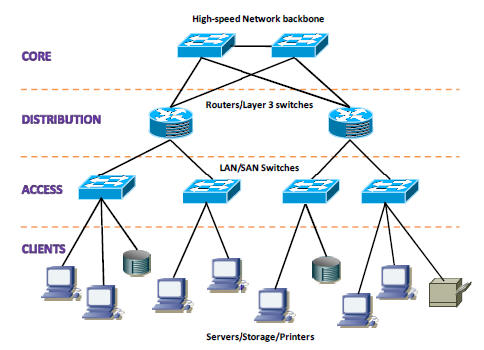Router VPN client: Why It's Crucial for Your Online Security
Many people don't realize how vulnerable their online activity can be. With hackers and cybercriminals lurking in the shadows, it's crucial to take extra measures to protect your data and privacy. This is where a router VPN client comes in handy.
A router VPN client, simply put, is a way to connect to a virtual private network (VPN) using your router instead of an individual device. This means that any device connected to your router will automatically be protected by the VPN.
The benefits of using a router VPN client are numerous. Firstly, it provides an additional layer of security for all devices on your network, including smart TVs, game consoles, and even internet-enabled home appliances. It also allows you to bypass geo-restrictions or censorship, and keep your online activity private, particularly when using public Wi-Fi networks.
Setting up a router VPN client can be initially daunting, but there are several guides online that can walk you through the process. The advantage of using a router VPN client is that you don't need to install a VPN app for each device you own. This can save you time and money in the long run.
When choosing a router VPN client, it's essential to consider security, speed, and compatibility with your router. You may also want to check if the VPN provider offers a router app, as this can simplify the setup process.
In summary, a router VPN client can provide you with a secure, private, and unrestricted internet experience for all devices on your network. It's a small investment that can go a long way in protecting your online activity and providing you with peace of mind.

